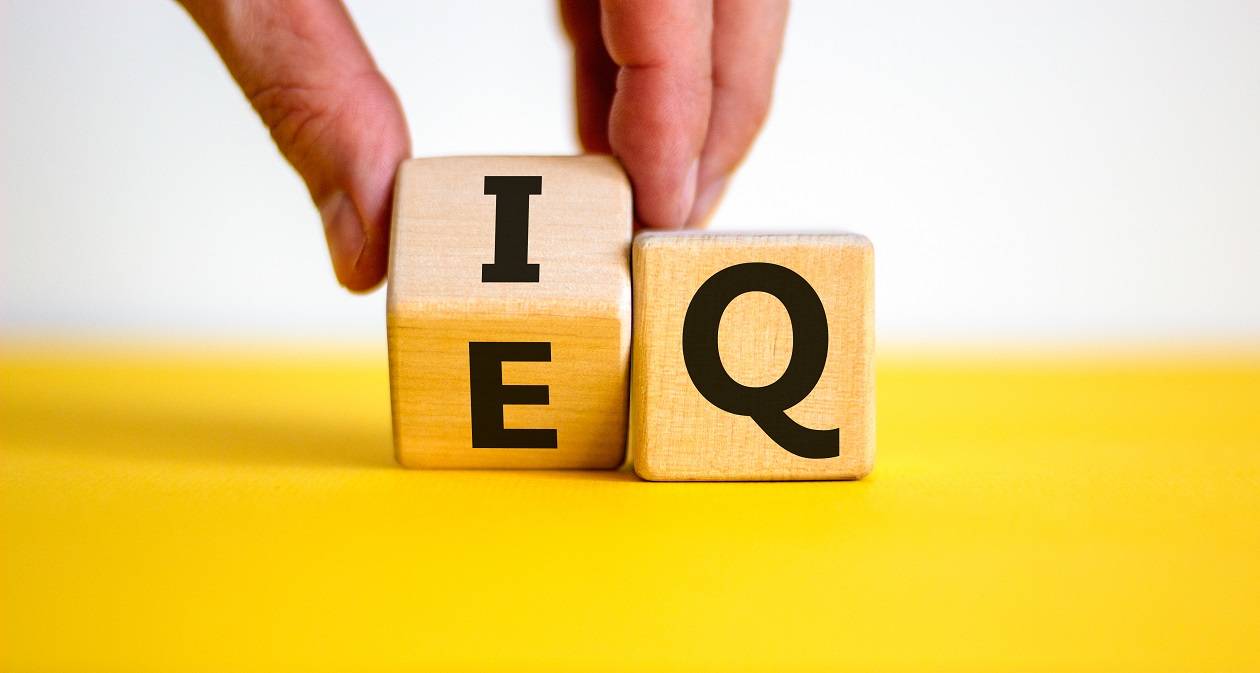Emotional intelligence refers to the ability to understand and manage one's own emotions, as well as the emotions of others. Developing emotional intelligence can improve relationships, communication, and overall well-being. Here's a guide to understanding your emotions and improving your emotional intelligence:
Recognize your emotions: The first step in understanding your emotions is to recognize them. Pay attention to how you feel in different situations and identify the emotions you're experiencing. Try to label your emotions with words, such as "happy," "sad," "angry," or "anxious." This can help you gain clarity and perspective on your feelings.
Understand your triggers: Everyone has triggers that can cause certain emotions to arise. Identify your triggers and try to avoid them or find ways to manage your response to them. For example, if you know that traffic jams make you feel angry and frustrated, you could try taking a different route or listening to calming music while driving.
Practice mindfulness: Mindfulness is the practice of being present and fully engaged in the current moment. It can help you become more aware of your emotions and better able to manage them. You can practice mindfulness by taking a few minutes each day to focus on your breath or engage in a mindful activity, such as yoga or meditation.
Manage your emotions: Once you've identified your emotions and triggers, you can start to manage them more effectively. This might involve finding healthy ways to express your emotions, such as talking to a friend or journaling. You can also try relaxation techniques, such as deep breathing or progressive muscle relaxation, to help calm your mind and body.
Develop empathy: Empathy is the ability to understand and share the feelings of others. Developing empathy can help you build stronger relationships and communicate more effectively. To develop empathy, try to put yourself in other people's shoes and imagine how they might be feeling. Listen actively to others and validate their emotions.
Improve your communication skills: Effective communication is key to building healthy relationships and managing emotions. Practice active listening, which involves paying attention to what others are saying and responding in a thoughtful and empathetic way. Use "I" statements to express your own emotions and avoid blaming or criticizing others.
Practice self-care: Taking care of yourself is essential for emotional well-being. Make sure to get enough sleep, exercise regularly, and eat a healthy diet. Take time for yourself to do things you enjoy, such as reading a book or taking a relaxing bath.
Seek support: If you're struggling with managing your emotions, it can be helpful to seek support from a therapist or counselor. They can provide you with tools and strategies to help you better understand and manage your emotions.
In conclusion, emotional intelligence is a critical component of overall well-being and success. By recognizing and managing your emotions, developing empathy, improving communication skills, practicing self-care, and seeking support when needed, you can improve your emotional intelligence and lead a happier, more fulfilling life.



No comments yet
Be the first to share your thoughts!